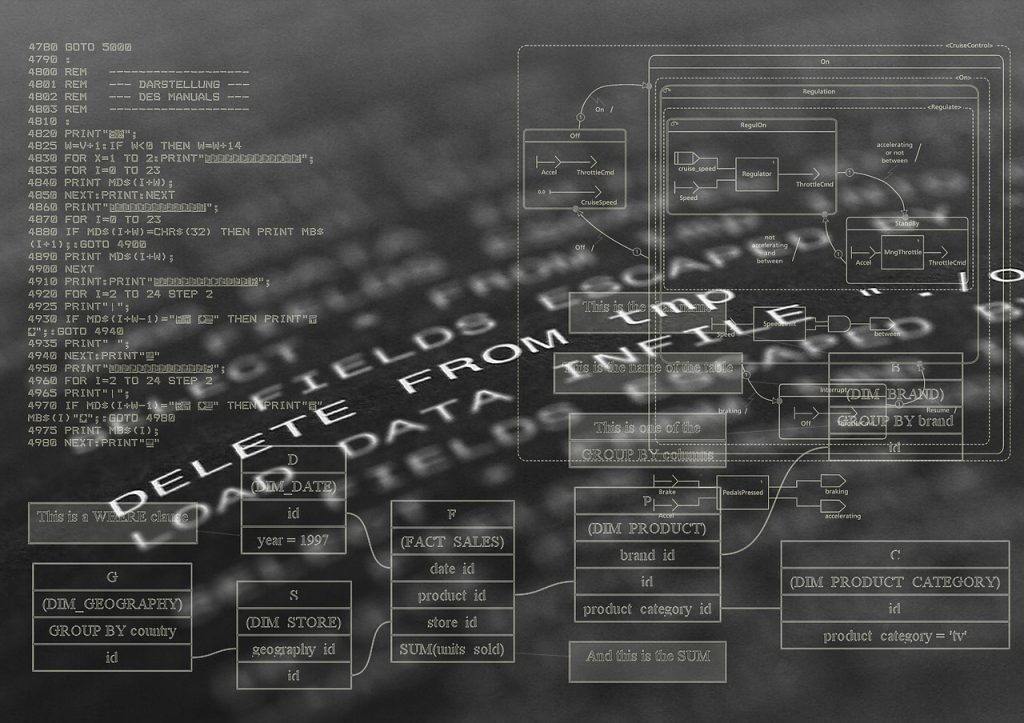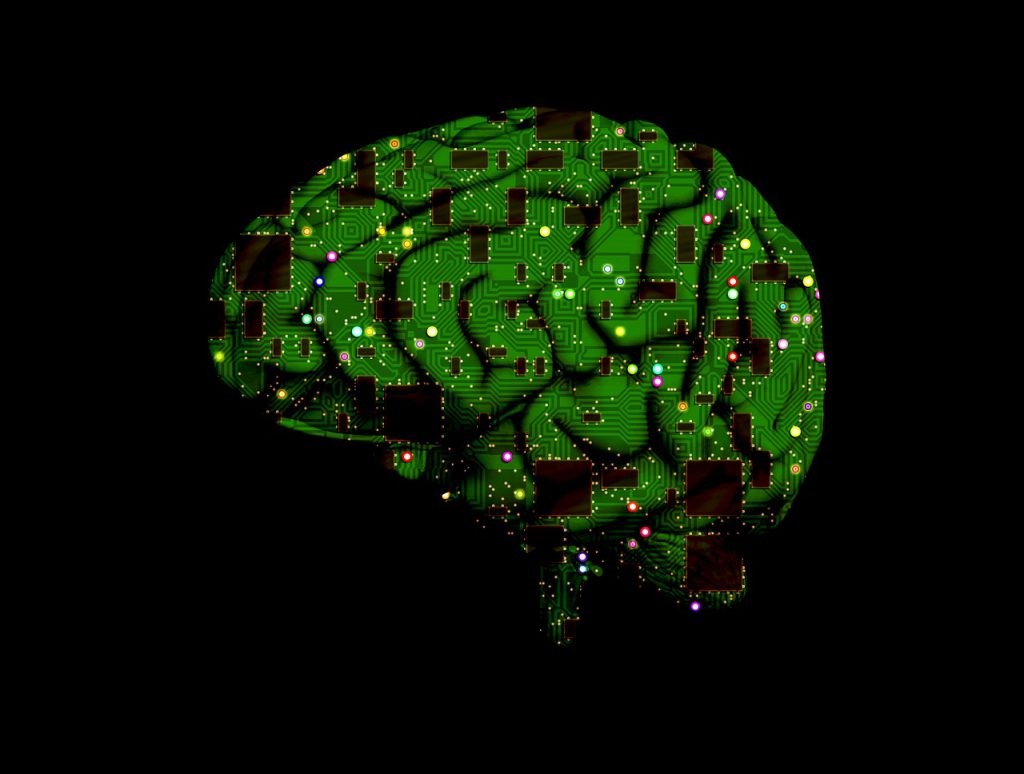
The Protection of Personal Data in the Brazilian Supreme Federal Court (STF) and the Role of IBGE
*This is an AI-powered machine translation of the original text in Portuguese
In a decision that will undoubtedly be a landmark for data protection in Brazil, the Brazilian Supreme Federal Court (STF) suspended the effects of Provisional Measure 954/20, addressing widespread concerns about monitoring initiatives during the quarantine period and the threat of an overbearing state. The decision acknowledged that the Brazilian Federal Constitution of 1988 houses foundational elements of data protection and explicitly pronounced the principle of informational self-determination. In the current technological context, the personality rights outlined in the CF-88 (right to privacy, honor, image, dignity, and private life) necessitate that controllers and processors of personal data be transparent about the purpose of data collection and ensure its processing is proportionate (necessary and appropriate) to the stated purpose.
STF ministers praised the integrity of the Brazilian Institute of Geography and Statistics (IBGE) and its role as a public research institution, emphasizing its importance in shaping public policies. However, they did not conceal their skepticism regarding the objectives of collecting the names, phone numbers, and addresses of millions of Brazilians (Article 2 of Provisional Measure 954/20). This underlying skepticism ended up outweighing the statistical use of personal data by a public statistical research agency, which is generally accepted by data protection laws. Thus, the matter warrants a more in-depth analysis, especially when considering the international precedent set by the Census case, decided in 1983 by the German Constitutional Court [1], widely cited in all direct actions of unconstitutionality filed.
Indeed, that case is considered the great foundational international milestone for data protection due to its pioneering efforts in enunciating and precisely delimiting the fundamental right to informational self-determination. It accurately foresaw the relevance, in the information society, of individual control over the processing of personal data as a fundamental aspect of individual personality development and the construction of a democratic public sphere. Up to this point, the citation is appropriate.
However, according to that ruling, the problem rested solely on a provision, Article 9, sections I, II, and III of the challenged law, which provided for the sharing of data collected by the statistical agency with other public administration agencies for non-statistical purposes, administrative management, which were not specified beforehand. It was not about the prohibition or unconstitutionality of the census itself or the collection of data from all citizens, noting that the law mandated not only the provision of names, phone numbers, and addresses but also date of birth, level of education, religion, source of household income, occupation, occupation address, housing conditions, salaries, and earnings, among others.
The rest of the law regarding the statistical use of data was considered constitutional, within a proportionality analysis. At that time, it anticipated a trend in contemporary data protection laws (including Brazilian law) by deeming statistical use by research agencies as a lawful basis for processing, regardless of consent and a priori specification of purpose. The following passage from the decision is significant:
"It is part of the very nature of statistics that once the data has been statistically processed, it must be used for a wide variety of purposes that cannot be determined in advance; consequently, there is also a need for data storage. The requirement of a concrete definition of purpose and the strict prohibition of personal data collection on conservation can only be applied to data collection for non-statistical purposes, but not to a census, which is intended to provide a secure database for future statistical studies as well as for the political planning process, reliably determining the number and social structure of the population" [2].
Therefore, the constitutionality flaw was only in the transfer of personal data from the statistical agency to administrative execution agencies and their use or cross-referencing for the foundation of management decisions, which could take into account personal profiles and aspects of personality without the knowledge and control by the data subject [2].
These principles present in the German decision deserve attention and comparison with Article 2 of Provisional Measure 954/20, which obliges landline and mobile telecommunications companies to provide the Brazilian Institute of Geography and Statistics (IBGE) with the names, phone numbers, and addresses of their consumers.
In the German jurisprudential framework, the census law collected data from all citizens, including sensitive data, and was therefore much more "intrusive" than Provisional Measure 954/20. It is clear that today a cell phone number has a much greater potential for generating information than in the 1980s, just like browsing websites and geographic location. However, at least according to the text of Provisional Measure 954/20, names, addresses, and phones would not be the actual subjects of processing but only "to conduct face-to-face interviews as part of household surveys" (paragraph 1).
Regarding statistical use as an independent legal basis for processing, which is also recognized by the General Data Protection Law — LGPD (Article 5, XVIII, and Article 7, IV), there is no doubt that IBGE meets the requirement, at least in its institutional design. The basic objective of IBGE is to ensure statistical information and studies necessary for understanding the country's physical, economic, and social reality (Law No. 5878/1973, Article 2). The governing legislation itself prohibits the use of data by IBGE for purposes other than statistical ones (Article 6). It is worth noting that IBGE, by the provision of Article 49 of the Law of Public Records (Law 6.015/73), periodically receives an extensive set of personal data held by the Civil Registry Offices of Natural Persons. This law was received by the CF-88 and its constitutionality was not questioned. And it is known that civil registry offices essentially deal with personal data, and to a large extent, intimate data, such as the nature of paternity, adoption, and sometimes, sensitive data, such as name change due to gender alteration.
For the performance of its duties, IBGE has the prerogative to enter into agreements, conventions, and contracts with public and private entities, preserving the confidentiality and use of the information (Article 8 of Law 5878/1973). Based on this provision, it is even possible to question whether Provisional Measure 954/20 would be redundant, since the statistical agency could directly enter into an agreement with telecommunications companies to obtain data (name, phone, and address) of selected citizens, just as it already does with other entities, to conduct its regular interviews by sampling. If it is not a legal assessment mistake by those responsible for the normative instrument, perhaps this aspect allows for an understanding of the skepticism, as mentioned in some of the ADIs and, in particular, by Minister Roberto Barroso, regarding what the "real" reasons for its issuance would be, in a context of misinformation spread on social networks.
The skepticism is reinforced by the recent publication of Decree 10.046/19, which creates the Citizen Base Registry, providing for the free sharing of data by government agencies, regardless of an agreement or any term specifying its purpose, or even by Decree 9.929/19, which determines the transfer of civil registry data to a "management committee" composed of seven ministries, in addition to INSS and IBGE itself, which can share them among themselves, regardless of request. Such decrees, indeed, strike at the heart of the German court's census decision by violating the principle of informational separation of powers [3].
This feeling of mistrust has a significant legal translation. Provisional Measure 954/20, by mentioning and restricting itself to the Covid-19 period, does not make it clear whether the studies would focus on the epidemic, or if the epidemic would be just the inconvenience requiring remote efforts from IBGE researchers for their ongoing studies and surveys. If it is the former case, the study's objective is not clear, hence the uncertainty regarding non-transparent monitoring of citizens. If it is the latter, as postulated by the Attorney General's Office, the reason for the breadth is not clear, with the collection of data from all telecommunications company consumers for procedures that are usually sampling, thus indicating disproportionality, as Minister Luiz Fux aptly pointed out.
Although the decision acknowledged the constitutional foundation of the principle of informational autonomy, the omissions of Provisional Measure 954/20 highlighted by the rapporteur's vote (guarantee of security against leaks, responsibility, etc.) could be subject to modulation, with the regulation of the procedure and transparent organization of the processing. The absolute suspension of Provisional Measure 954/20 is ultimately based on that mistrust regarding a possible use of data outside IBGE. By not making this clear, the decision ended up obscuring the fact that statistical use, especially by an official research agency, is legitimate, and a detailed specification of purpose is unnecessary, since the relevance of the data may become apparent ex post for the adoption of public policies.
It is certain that collecting data from all citizens for remote conduct of sampling interviews does not seem to survive a necessity and proportionality assessment, violating informational self-determination. But if the mistrust is in the circulation of this data to other government agencies for unknown purposes, then the unconstitutionality judgment, with even more reason, should fall on Decrees 10.046/19 and 9.929/19, which authorize the free circulation of personal data by public agencies.
[1] BvR 209/83
[2] BVerfG, Urteil des Ersten Senats vom 15. Dezember 1983 - 1 BvR 209/83 -, marginal notes of (1-215), here marginal note 159. (...) because a comprehensive registration and cataloging of personality through the combination of individual life data to create personality profiles of citizens is also inadmissible in the anonymity of statistical research. BVerfG, Urteil des Ersten Senats vom 15. Dezember 1983 - 1 BvR 209/83 -, marginal notes of (1-215), here marginal note 169.
[3] Juliano Maranhao, Ricardo Campos. The Informational Division of Powers and the Citizen Base Registry, Jota 10/18/2019. https://www.jota.info/opiniao-e-analise/artigos/a-divisao-informacional-de-poderes-e-o-cadastro-base-do-cidadao-18102019
*Co-authored with Ricardo Campos and Juliana Abrusio. Originally published in Conjur.
**Image vecstock.



